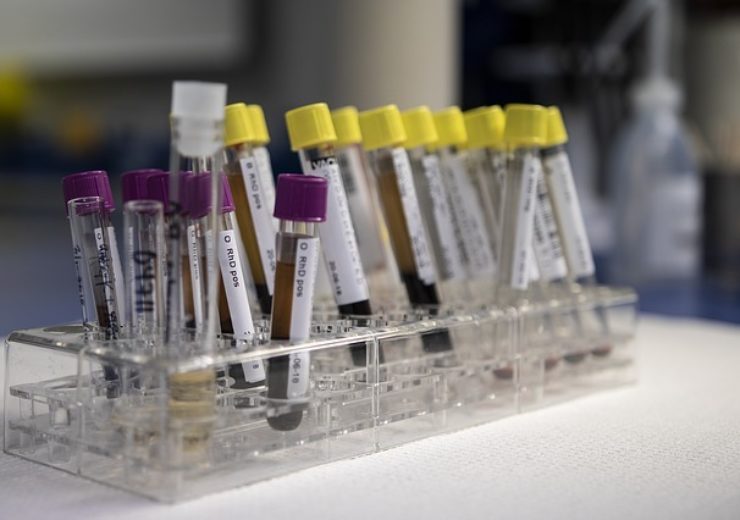The rapid diagnostic kit works by programming a CRISPR molecule to detect the presence of the SARS-CoV-2, based on SHERLOCK method

Sherlock receives FDA authorization for CRISPR SARS-CoV-2 test kit. (Credit: Pixabay/Bokskapet)
Sherlock Biosciences has obtained the US Food and Drug Administration (FDA) Emergency Use Authorization (EUA) for its Sherlock CRISPR SARS-CoV-2 kit.
The engineering biology platforms company said that its new CRISPR SARS-CoV-2 kit will detect SARS-CoV-2, the virus that causes COVID-19, and provides results in around one hour.
Sherlock Biosciences co-founder, president and CEO Rahul Dhanda said: “While it has only been a little over a year since the launch of Sherlock Biosciences, today we have made history with the very first FDA-authorized use of CRISPR technology, which will be used to rapidly identify the virus that causes COVID-19.
“We are committed to providing this initial wave of testing kits to physicians, laboratory experts and researchers worldwide to enable them to assist frontline workers leading the charge against this pandemic.”
Sherlock’s CRISPR SARS-CoV-2 test kit is intended for use in certified laboratories
Sherlock has designed its CRISPR SARS-CoV-2 test kit for use in laboratories certified to perform high complexity tests.
The kit works by programming a CRISPR molecule to detect the presence of the genetic signature for SARS-CoV-2, based on SHERLOCK (specific high-sensitivity enzymatic reporter unlocking) method.
The CRISPR enzyme is activated when the signature is found in a nasal swab, nasopharyngeal swab, oropharyngeal swab or bronchoalveolar lavage (BAL) specimen, and releases a detectable signal.
In addition to SHERLOCK, the company is also developing its INSPECTR platform to create an instrument-free, handheld test that leverages the company’s synthetic biology platform to provide rapid detection of SARS-CoV-2 virus.
Sherlock Biosciences co-founder and board member David R Walt said: “SHERLOCK enables rapid identification of a single alteration in a DNA or RNA sequence in a single molecule.
“That precision, coupled with its capability to be deployed to multiplex over 100 targets or as a simple point-of-care system, will make it a critical addition to the arsenal of rapid diagnostics already being used to detect COVID-19.”
